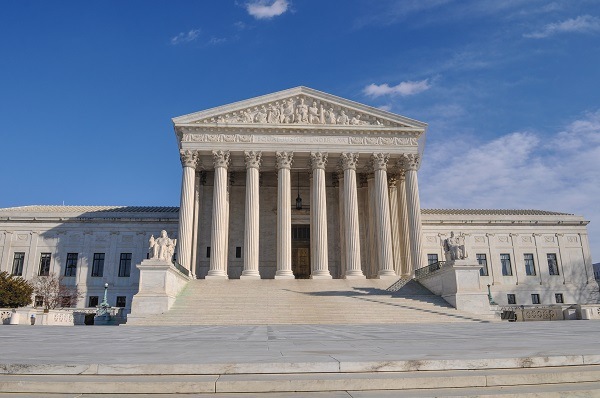It is conventional wisdom that non-competes are “unenforceable” in California and against public policy. But that is not always the case. In certain, specific instances, non-competes are enforceable. Knowing when is key.
As the California Supreme Court explained in Howard v. Babcock, “an agreement among law partners imposing a reasonable toll on departing partners who compete with the firm is enforceable.” 6 Cal.4th 409, 412 (1994). According to Business & Professions Code Section 16602:
Any partner may, upon or in anticipation of a dissolution of the partnership [or the [d]issolution of the partner from the partnership], agree that he will not carry on a similar business within a specified county or counties, city or cities, or a part thereof, where the partnership business has been transacted, so long as any other member of the partnership, or any person deriving title to the business or its goodwill from any such other member of the partnership, carries on a like business therein.
This “statutory language has been relied on in enforcing covenants not to compete among practicing in the professions, including accountants and physicians.” Babcock at 416 (citations omitted). “In fact, these agreements typically do not actually prohibit competition, but rather place a price on competition.”
Thus . . . a medical partnership cannot withhold the privilege of practicing medicine in the state, but a withdrawing partner may contract that if he exercises that privilege he will compensate his former partners to some extent at least for the business which he expects to take from them.” Id. (citations and internal quotations omitted).
In applying Section 16602 to a law firm, the California Supreme Court acknowledged “an awareness that even the largest and most prestigious firms are fragile economic units . . . Not least of the changes rocking the legal profession is the propensity of withdrawing partners in law firms to ‘grab’ clients of the firm and set up a competing practice.” Id. at 416 (citation and internal quotations omitted).
The Court concluded that it “is evident that these agreements address important business interests of law firms that can no longer be ignored.” Id. at 420. As the Court explained: “The firm’s capital finances the development of a clientele and the support services and training necessary to satisfactorily represent the clientele . . . The practical fact is that when partners with a lucrative practice leave a law firm along with their clients, their departure from and competition with the firm can place a tremendous financial strain on the firm.” Id. at 420-421.
Law firms, like many service businesses, work best when they invest heavily in their professionals and work as a team. When lawyers at the same firm compete with and undermine each other, it destroys the culture, and undermines the firm’s ability to serve its clients. As the California Supreme Court observed, non-competes can support the “well-being of the law firm. Without such an agreement, the culture of mistrust that results from systemic grabbing is very likely to damage, if not destroy, the law firm’s stability.” Id. at 424. And culture!
Having a reasonable non-compete allows law firms to act as a team, invest in their attorneys, and treat everyone well. And having a cohesive team and supportive culture allows law firms to provide better service to their clients.

